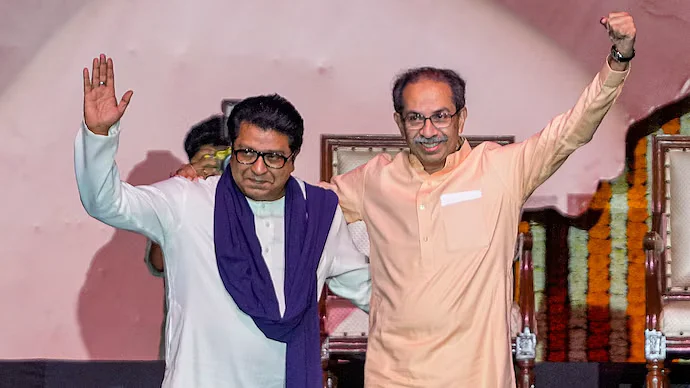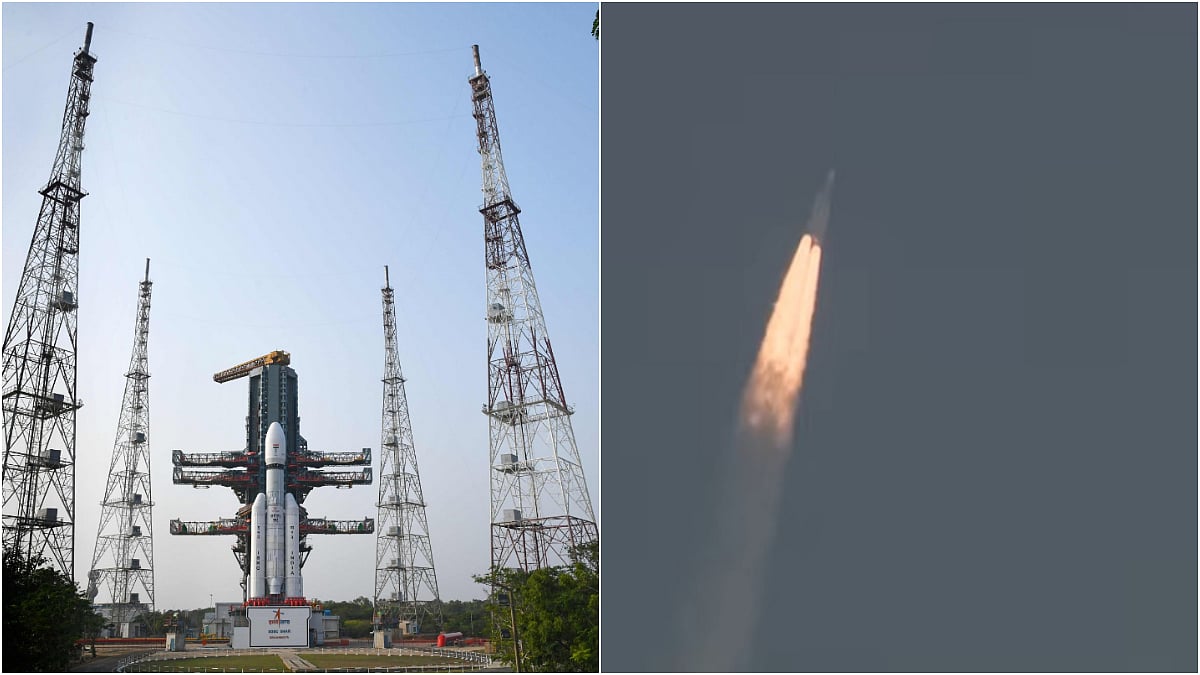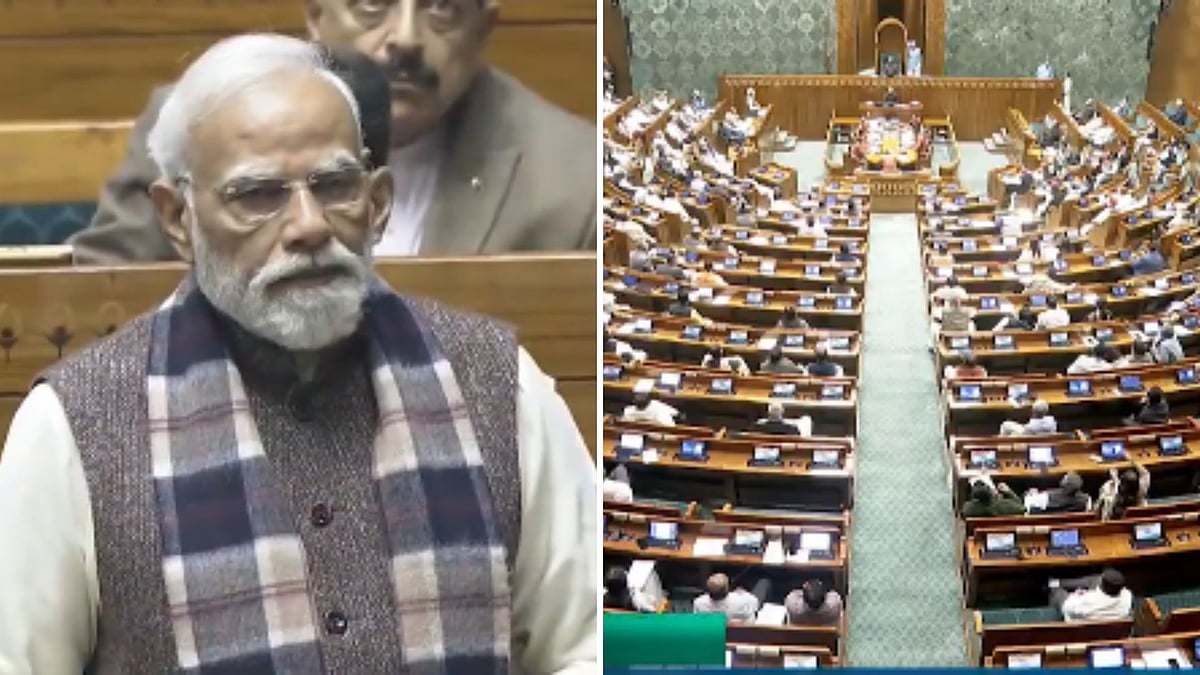For sure, something will change in Modi -3.0. As it should. There will be stress on “vikas” and economic growth. Supported as the 240-member BJP-led government is by other groups, it would have to put on the backburner the Hindutva agenda and dog-whistle politics. “Sab ka vikas and sab ka saath” slogan will have to inform the BJP government’s working. Both Chandrababu Naidu and Nitish Kumar are middle-roaders, shunning extremism in social and economic policies. The BJP sooner than later may well gather majority on its own with the accretion of strength in the Lok Sabha from smaller groups and unattached members but for a durable stability the support of the TDP and JD(U) is absolutely necessary. These two regional parties offer the confidence of numbers aside from a sheen of broadmindedness to the right-wing BJP. Anyone ruling the most populous and diverse country like India needs must embrace centrist policies, avoiding the extremes on the right and the left. Happily, Modi’s trademark approach is to follow a pragmatic stance in both economic and social spheres. He would have to rein in the loose cannons in his party who occasionally create controversy by ill-considered remarks be they on the Constitution or the place of Muslims in society. As Modi said at the meeting of the NDA parliamentary meeting last Friday, commitment to the principle of “sarv panth sambhav” (all religions are equal) is absolutely necessary to create a conducive atmosphere for implementing government’s ambitious development agenda. Unfortunately, very often the ruling party and even its senior members have not reflected that illustrious sentiment by their conduct. Steering consciously clear of all communal/divisive issues would help Modi-3.0 not only to ensure a smooth relationship with its allies but a conducive atmosphere to advance the government’s socio-economic agenda. Besides, the BJP ought to have drawn the right lesson from the setback it suffered in UP where only months ago the Prime Minister had inaugurated the Ram Temple in Ayodhya. Whether the Ram temple fetched any votes for the party is in doubt. Massive infrastructure in UP and elsewhere in the country brought votes the party, not the Ram temple where its Lok Sabha candidate lost to the Socialist Party. In fact, at the first meeting of the NDA, Modi said the focus will remain on good governance, development, peace and harmony among people. For this he committed to work with consensus, leaving no room for confrontation within the NDA and outside with the Opposition. Talk of good governance, development, consensus-building, communal peace and harmony, “sab ka saath, sab ka vikas”, dominated the deliberations of the first parliamentary meeting which unanimously elected Modi as its leader. Various group leaders led by Naidu and Nitish paid fulsome tribute to Modi’s leadership and the good work he had accomplished in the last ten years, and would further do in the coming ten years. He and Nitish talked of another decade of NDA rule in which they would put the country on the path of faster socio-economic growth.
Meanwhile, behind-the-scenes reports mentioned hard-nosed negotiations among the NDA partners for ministry-making. As per reports, Modi is likely to allocate the four major portfolios, that is Home, Defence, External Affairs, and Finance to BJP members. Nor is the post of Speaker, Lok Sabha, to be given to a non-BJP member, though deputy speakership might go to one of the allies. It is crystal clear that Modi is unlikely to ease his firm grip on the ministry, disallowing any scope for personal aggrandisement for BJP and non-BJP ministers. Known to be a control freak and hard taskmaster, he is unlikely to give any slack in the selection of senior secretaries and even personal staff to ministers with the sole objective of keeping a hawk-eye on their functioning. It is significant that unlike the UPA governments which had prepared a common minimum programme, the Modi’s NDA has not felt the need for one. In short, though an NDA ministry Modi will more or less continue as he has done in the previous two governments, that is, with a firm hand and a clear vision. The accent is set to remain on massive development projects with few economic reforms such as the implementation of the labour codes remaining on the back burner.





